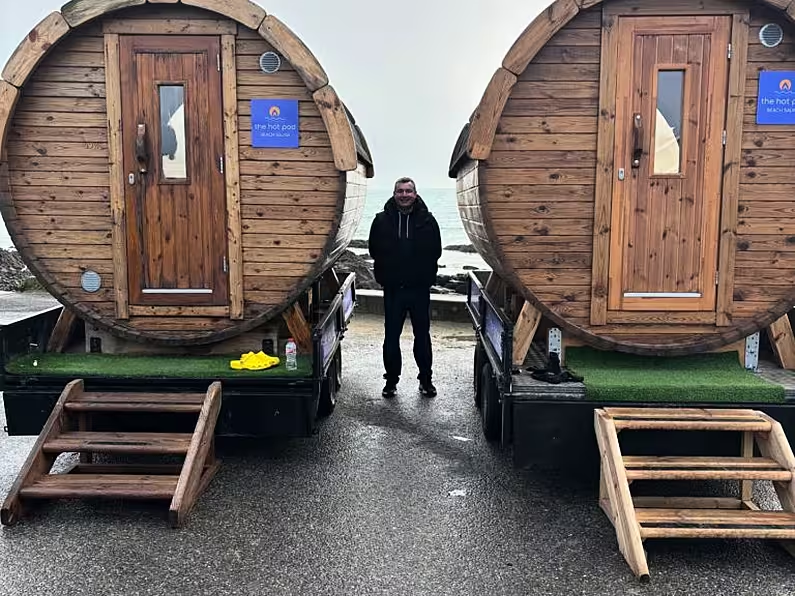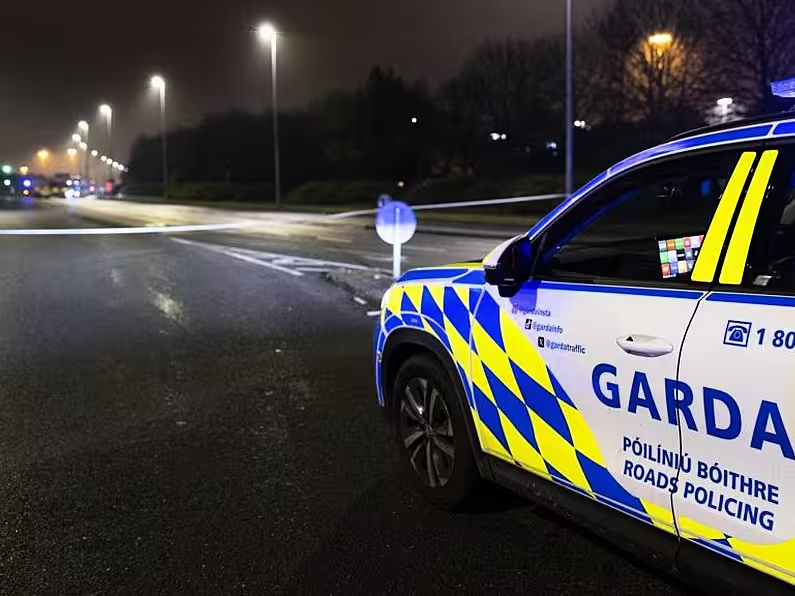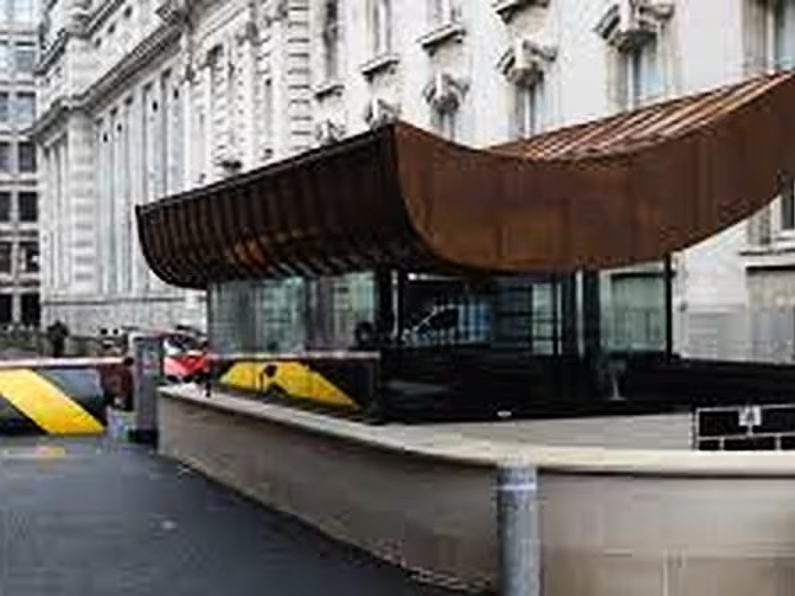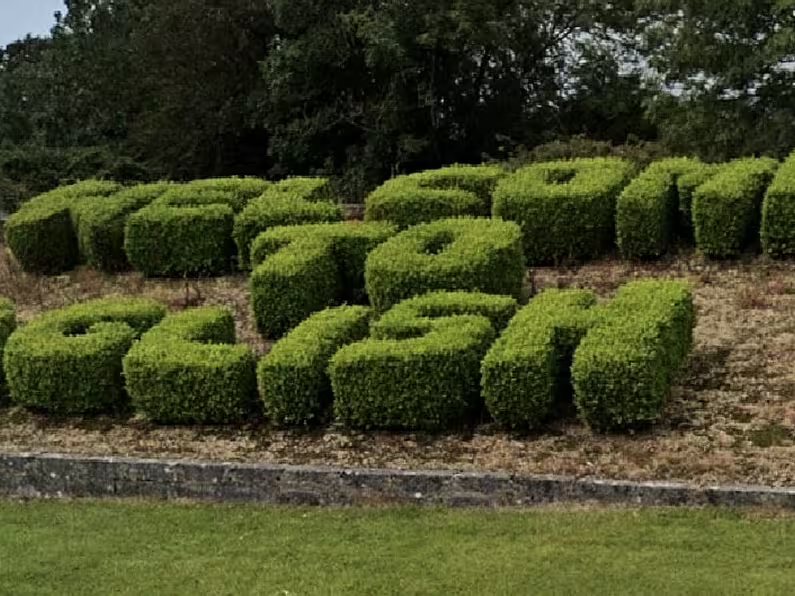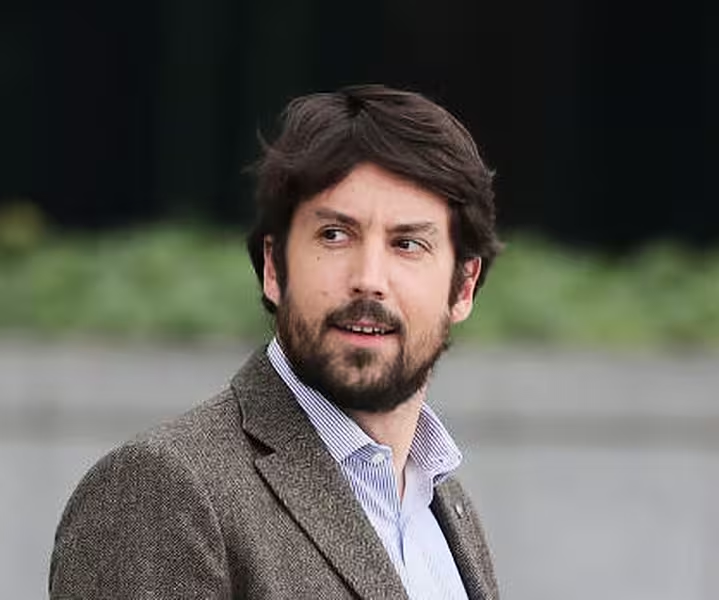
Vivienne Clarke
Former housing minister Eoghan Murphy has denied that the housing crisis he presided over as minister ended his political career.
“I don't see it that way at all,” he told RTÉ's Today with Claire Byrne.
The former Fine Gael TD, who has served in the Dáil since 2011, resigned his seat as TD for Dublin Bay South on Tuesday morning.
His resignation means a by-election will be held in the constituency within the next six months.
Mr Murphy said he had mixed emotions about leaving politics after 12 years and, while he was no longer a TD, he would remain a member of Fine Gael. He said this was a decision that he had been considering in recent months.
“You ask yourself, is it right to stay as a TD, taking a very generous salary from the public purse, if you're not 100 per cent committed to it? I realised the right thing is to resign now, and allow the constituency to replace me.”
While he had not yet applied for any jobs, he said he was keen to return to the area of nuclear disarmament about which he was passionate. This had been a personal decision and was not connected to no longer having a ministerial portfolio.
Mr Murphy said he had known that he would no longer be minister for housing going into the last election. It had been a very challenging brief and there had been “some important stuff that I wanted to do.”
Criticism
Housing was an interesting brief, but it had also led to a lot of criticism – he was frequently heckled, but that was part of the job, he said.
Being responsible for housing during a crisis meant that people were going to have a problem with you. Criticism was fair but he had not liked the personal abuse, he said.
While he said he had developed his own coping mechanisms, such as running on Sandymount beach, it had been tough to see the people around him get abused too, including a previous girlfriend who had faced “horrendous abuse.”
Such levels of personal abuse would need to be addressed, he said, especially given the levels of abuse being experienced by female politicians which could deter many from entering politics.
He and Eoin Ó Broin had frequently clashed in the Dáil over policy, but they had also agreed on many things. It was important that politicians could disagree without falling into tribalism. He warned that if Irish politics were to become too tribal then democracy would become the tyranny of the majority.
The more tribalism there was, the less compromise, he said. Mr Murphy said he feared there was “a slippage” and he did not know how to address that, this was a new phase that had to be addressed.
Politics was a noble profession, but social media was a new battleground for which there were no rules and it was a sector that needed to be properly policed.
Mr Murphy said that as minister he had a lot of responsibility and had to make many difficult decisions. He denied that the image of his election poster near where a homeless man had died in his tent had crystallised the issue of housing for the last election.

Eoghan Murphy told Leo Varadkar he wanted a 'breather' after the last election. Photo: PA
The issue had already been of great public importance, along with health, he said.
Mr Murphy denied that his housing plans had not been working, but that he “needed more time to get it done.” The current Minister for Housing Darragh O’Brien was doing a great job and bringing new ideas to the portfolio.
The portfolio had been particularly difficult because it was so broad and it had been frustrating that he did not have the power to make decisions on issues such as procurement. He understood it was necessary to ensure the system was not abused, but it slowed down the process and “this was an emergency.”
It was not fair to describe the Department of Housing as “Angola”, he said.
Co-living comments
Mr Murphy acknowledged that his comments on co-living had been “stupid” and the way he had presented the issue had been a mistake. He still believed the concept had a purpose, in a small way, but he was frustrated that he “allowed it to become a thing. I thought there was a need for it.” To defend the concept in the way he did had been a mistake.
Following the last election, he told party leader Leo Varadkar that he wanted “a breather” and to focus on constituency matters. It had given him an opportunity to focus on “the nerdy stuff” which he liked.

Then-taoiseach Leo Varadkar and Eoghan Murphy in 2019. Photo: PA
Mr Murphy said he had written to the Taoiseach Micheál Martin to tell him of his decision to resign and to tell him that he had his support. “I think he’s a great guy. He’s a very honourable person. I still support the Government.”
Paschal Donohoe and Leo Varadkar were not just party colleagues, they were also friends and knew this had been a difficult decision for him. “We were in the trenches together.”
Mr Murphy said he had not been unhappy, he loved the job of being a TD, but he thought the time was right for him to leave and do something else.
He had spoken to constituency colleague, former TD Kate O’Connell “as a courtesy” to tell her of his decision. He declined to be drawn on who could replace him saying it would have to go to the party convention. But he expected the party to put up a strong candidate.






